Can Cats Eat Carrots?
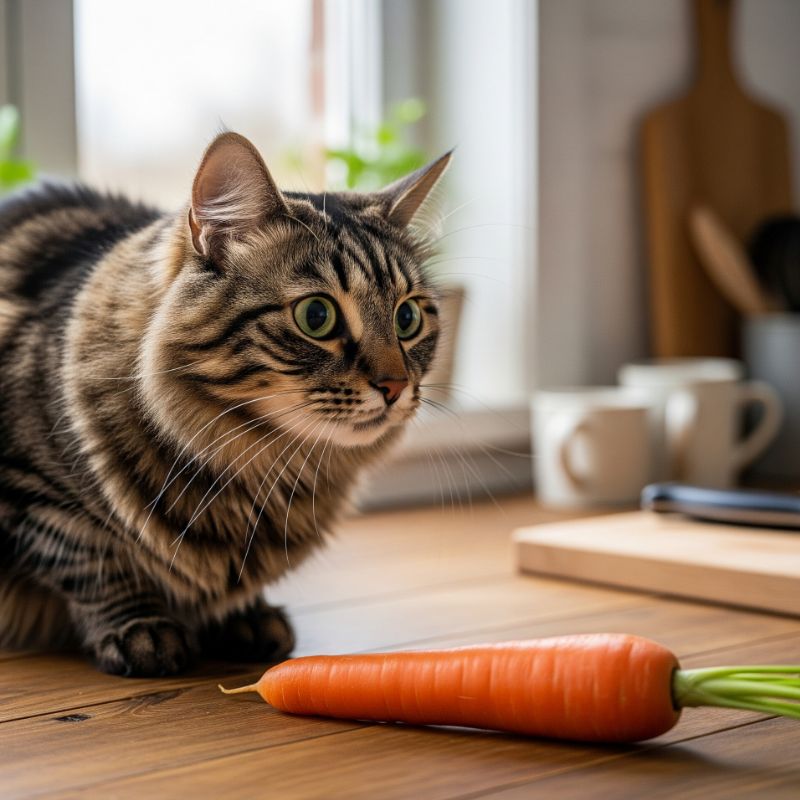
Yes, cats can eat carrots, but they must be cooked, unseasoned, and served in small, bite-sized pieces. Raw carrots are a significant choking hazard and are too hard for a cat’s teeth. While cooked carrots are non-toxic and provide some beneficial nutrients like beta-carotene, vitamins, and fiber, they are also high in sugar and carbohydrates. Cats are obligate carnivores and have no nutritional requirement for vegetables. Therefore, carrots should only be considered an occasional, low-calorie treat, not a staple in their diet. Always introduce them slowly to avoid any digestive upset.
Can Cats Eat Avocado?
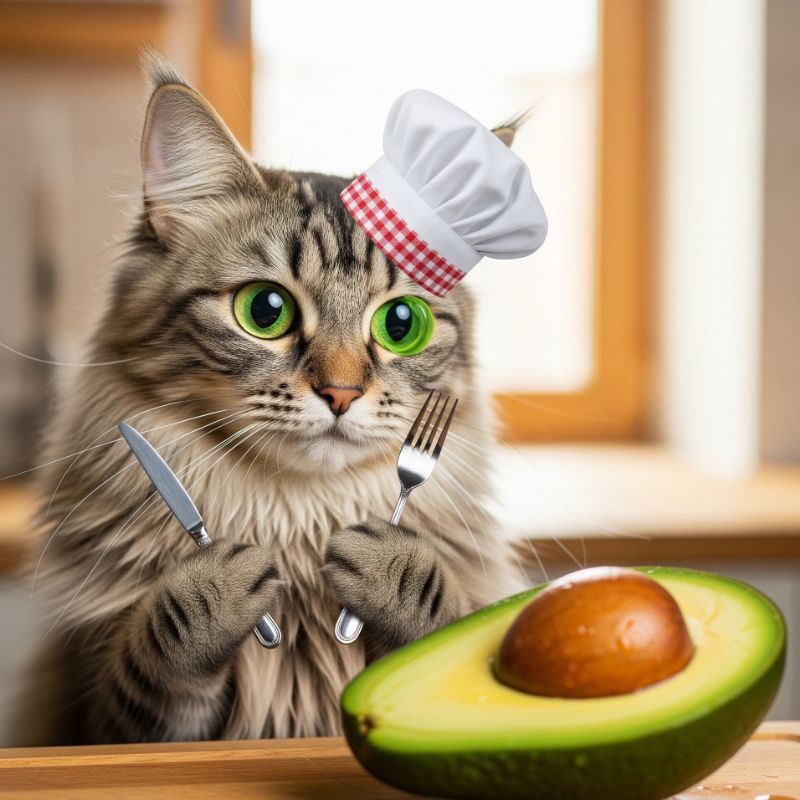
No, cats should not eat avocado. While a very small amount of the inner flesh is unlikely to be fatal, the fruit poses several significant risks. The main danger is a fungicidal toxin called “persin,” which is found in the pit, skin, and leaves of the avocado plant and is toxic to cats. Ingesting these parts can lead to vomiting, diarrhea, and other serious health issues. Furthermore, the flesh itself is extremely high in fat, which can cause severe gastrointestinal upset and pancreatitis, a painful inflammatory condition. For your cat’s safety, it is best to avoid avocado entirely.
what can cats eat that are human food?
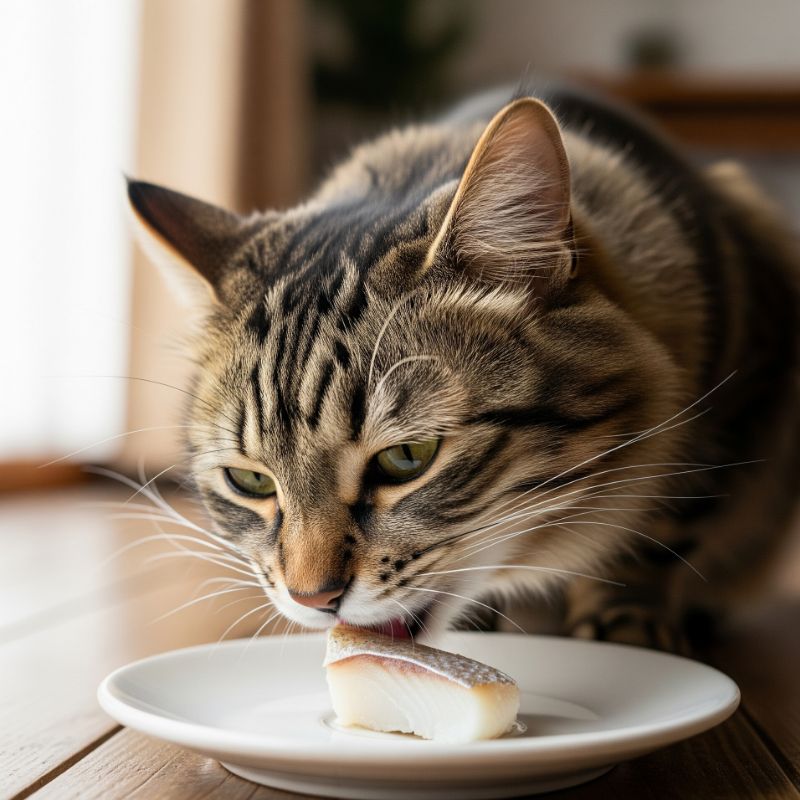
Cats can safely eat a variety of human foods, but only as small, occasional treats, not as meal replacements. The safest and best options are unseasoned, cooked meats like chicken, turkey, and small amounts of lean beef. Certain cooked fish and eggs are also excellent protein sources. Some vegetables and a few fruits can be offered in tiny portions, but many common foods are dangerous. It is crucial to avoid all toxic items like onions, garlic, chocolate, grapes, and alcohol. Always prepare human food plainly—without salt, oils, or spices—to ensure it’s safe for your feline.
Can Cats Eat Applesauce?
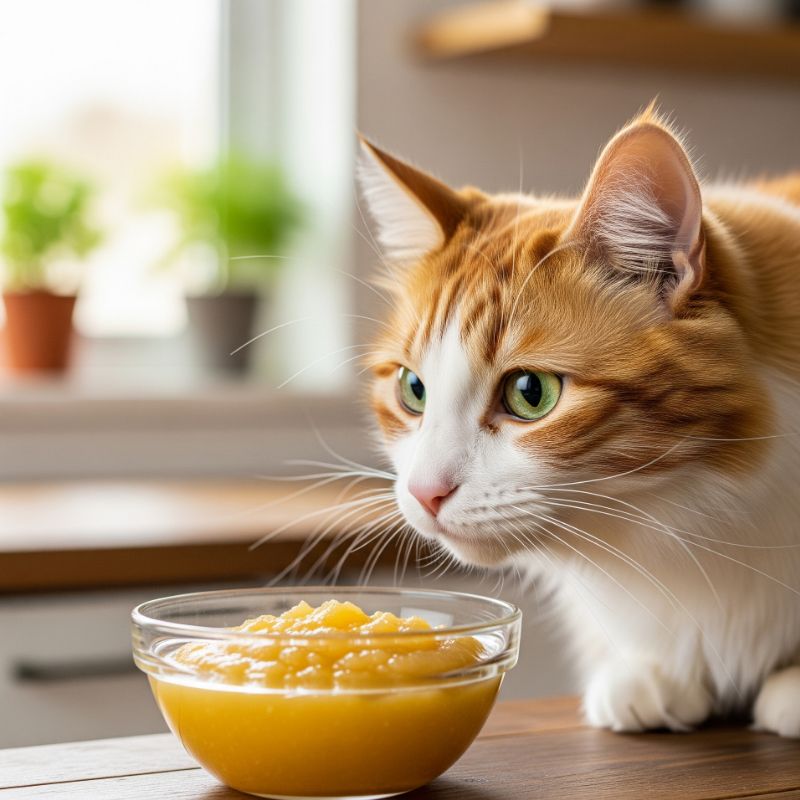
While plain, homemade, unsweetened applesauce is not toxic to cats, it is not a recommended treat. The main concerns with commercial applesauce are the high sugar content, which can lead to obesity and digestive upset, and the presence of harmful additives. Many brands contain preservatives or spices like cinnamon, which can be toxic to cats in large quantities. Applesauce provides no essential nutrients for a cat’s carnivorous diet. A tiny taste of a pure, unsweetened version is unlikely to cause harm, but it is always safer and healthier to opt for species-appropriate treats.
Can Cats Eat Apples?
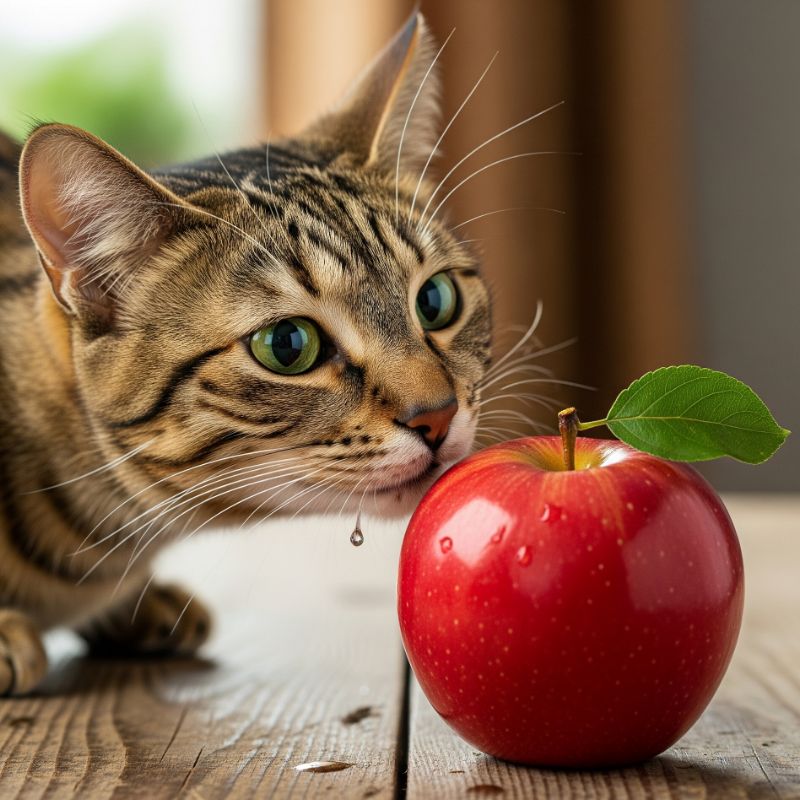
Yes, cats can eat small pieces of apple flesh, as it is non-toxic and can provide some fiber and moisture. However, it is critically important to know that the apple seeds, stem, and leaves are toxic to cats because they contain cyanide, which can be dangerous if ingested in sufficient quantity. Apples are also high in sugar, which is not suitable for a cat’s carnivorous diet and can lead to digestive issues or contribute to obesity. If you offer apple, it should be a tiny, seedless piece on rare occasions, not a regular treat.
Can Cats Eat Rice?
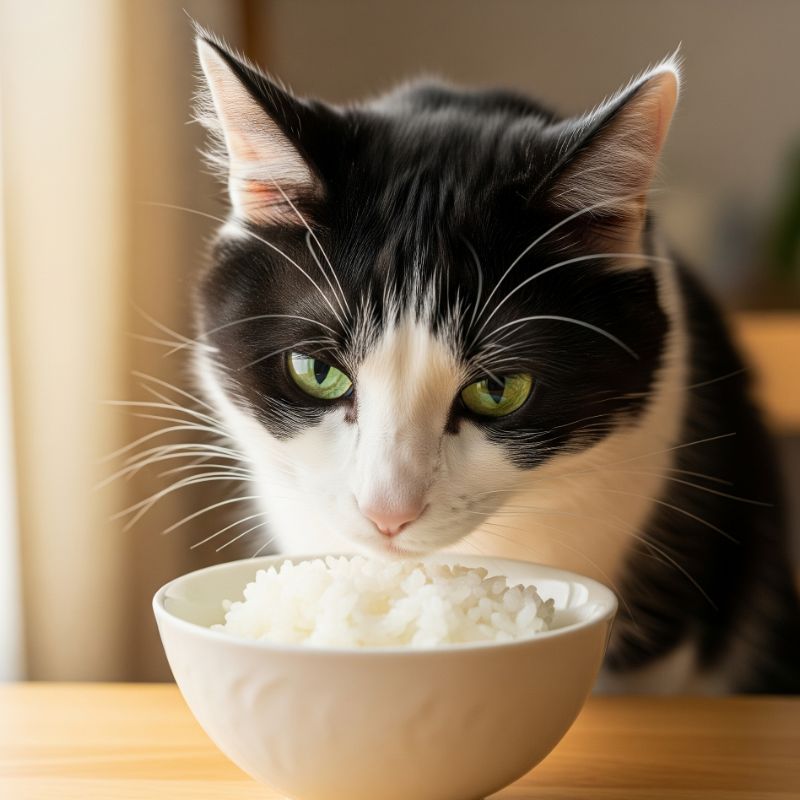
Yes, cats can safely eat small amounts of plain, cooked white rice. It is not toxic and is often recommended by veterinarians in small quantities to help bind the stool during a bout of diarrhea. However, rice offers very little nutritional value for cats, who are obligate carnivores, and should be considered “empty calories.” You must never feed a cat uncooked rice, as it’s indigestible and can cause severe bloating and stomach pain. While it can be a useful tool for temporary digestive upset, it should not be a regular part of their diet.
Can Cats Eat Popcorn?
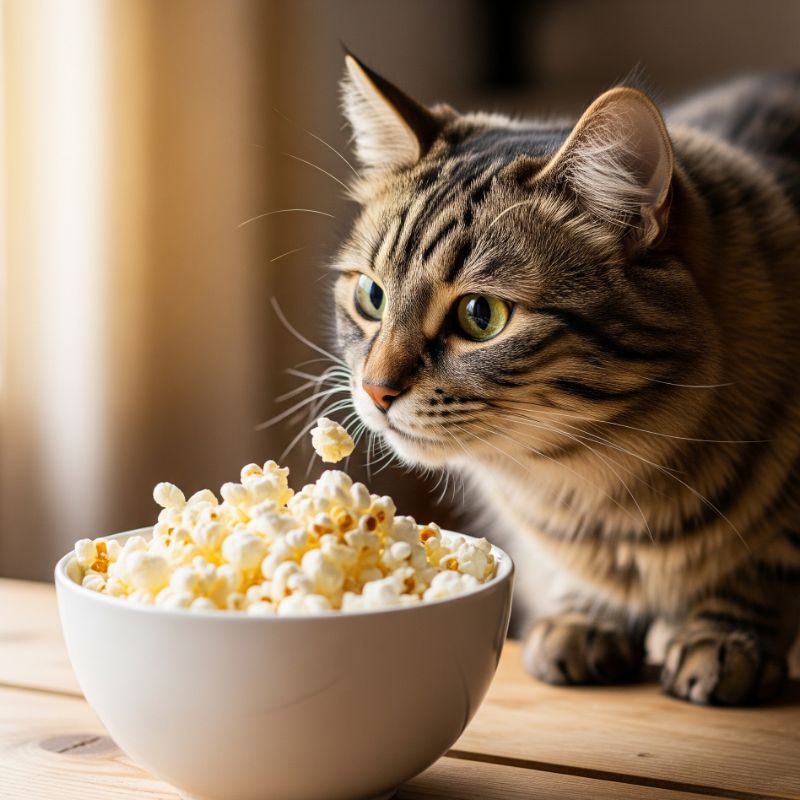
The short answer is that cats can eat very small amounts of plain, air-popped popcorn, but it is generally not recommended as a treat. The popcorn itself is non-toxic, but it offers no real nutritional value for a cat’s carnivorous diet. The primary dangers come from the toppings; butter, oil, salt, and other seasonings can cause severe gastrointestinal upset and other health issues. Furthermore, unpopped kernels pose a significant choking hazard and can damage a cat’s teeth. Safer, more species-appropriate treats are always a better and healthier choice for your pet.
can cats get parvo?
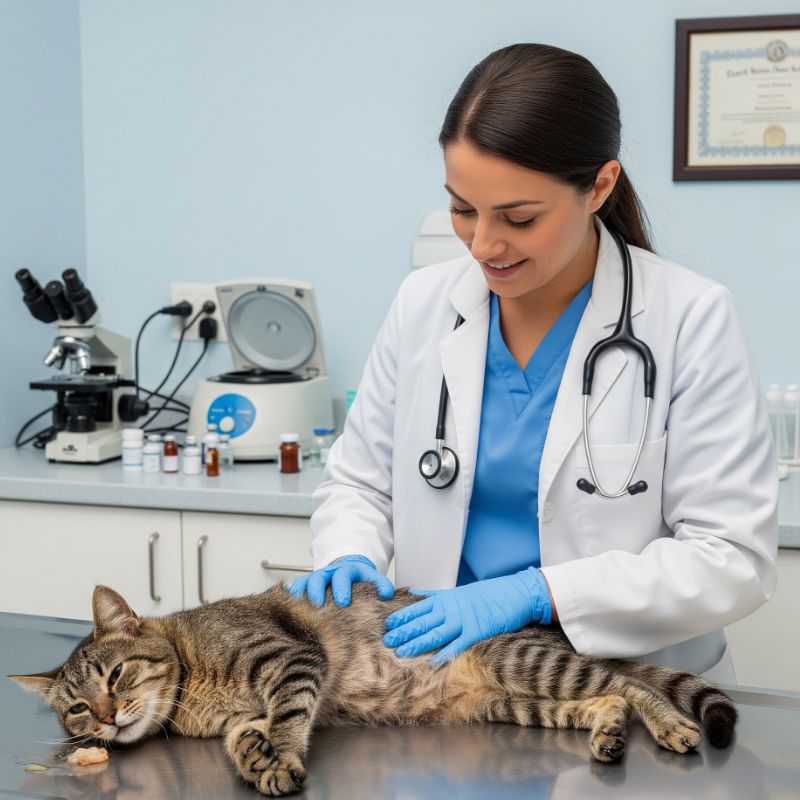
Few questions can send a wave of dread through a cat owner quite like this one: can cats get parvo? We’ve all heard the heartbreaking stories associated with canine parvo, and it’s impossible not to worry about a similar fate for our feline friends. The answer, however, isn’t a simple yes or no. The truth is in the details, and understanding those details is your best defense. This guide will walk you through everything you need to know, giving you clear answers and a solid plan to keep your cat safe.
Can Cats Eat Peanut Butter?
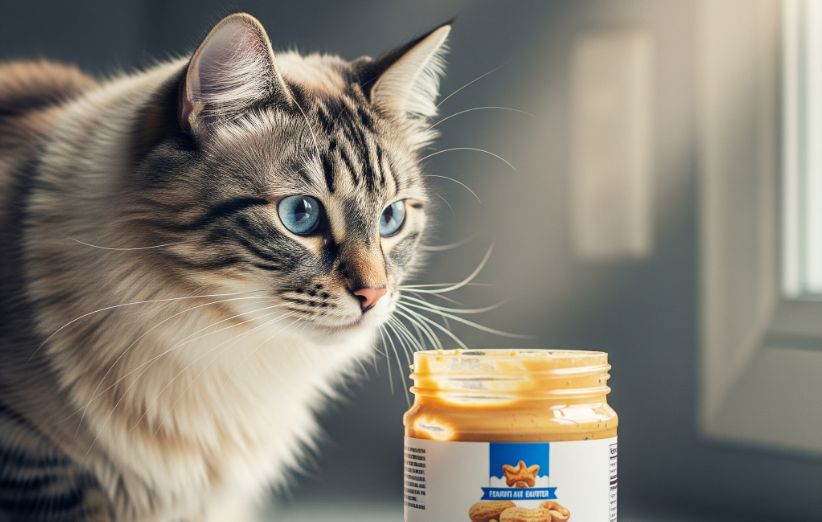
The short answer is that cats should not eat peanut butter. While a tiny taste of a brand without xylitol isn’t immediately toxic, it offers no real nutritional value for cats and is high in fats, salt, and oils. The most significant danger is the artificial sweetener xylitol, found in some sugar-free brands, which is extremely poisonous and potentially fatal to felines. Regular consumption can lead to gastrointestinal upset, obesity, and pancreatitis. For your cat’s safety and health, it is always best to avoid it and choose species-appropriate treats instead.
can Cats Eat Grapes?
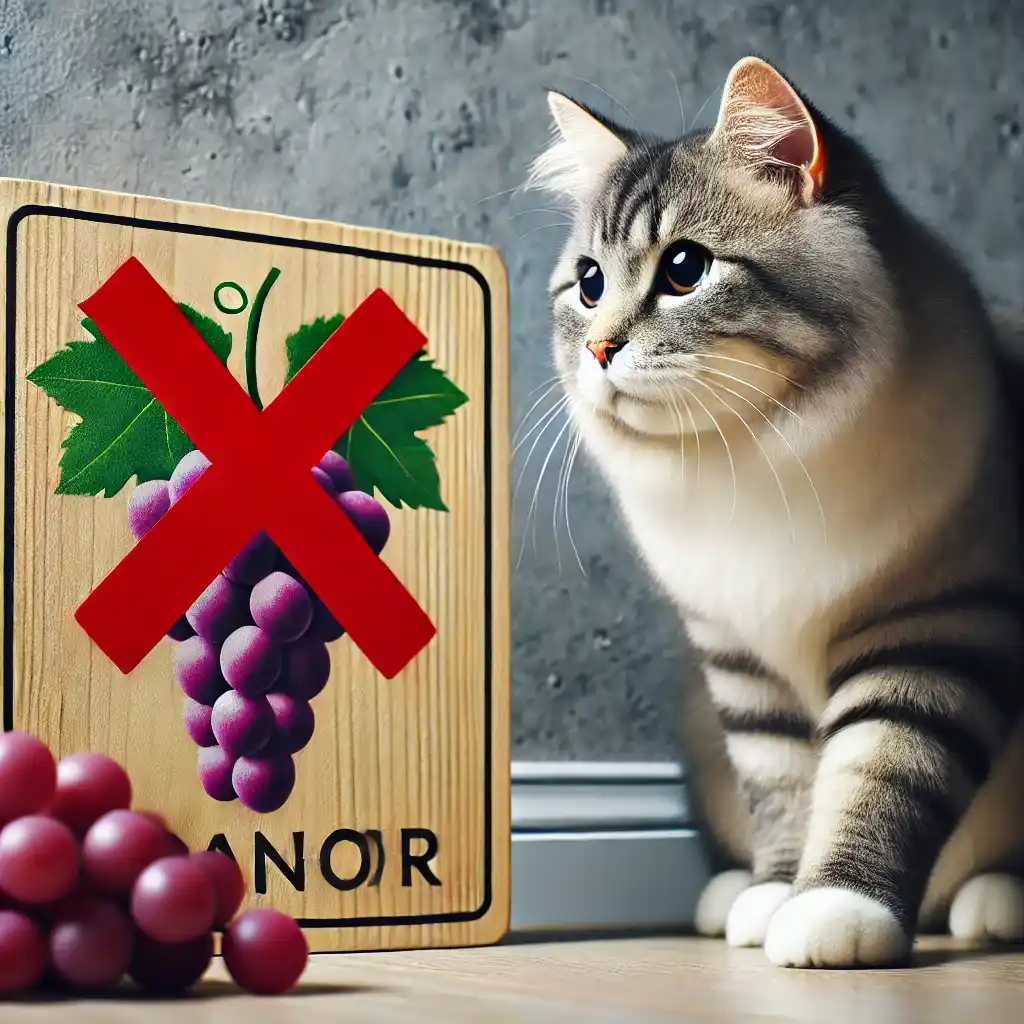
No, cats absolutely cannot eat grapes under any circumstances. Grapes and raisins are severely toxic to felines and can cause sudden, acute kidney failure even in very small amounts. The exact toxic substance is unknown, but the danger is significant and potentially fatal. If you suspect your cat has ingested even a single grape, it is a medical emergency that requires immediate veterinary attention. This is one of the most dangerous human foods you can share with your cat, and it should be avoided entirely.
